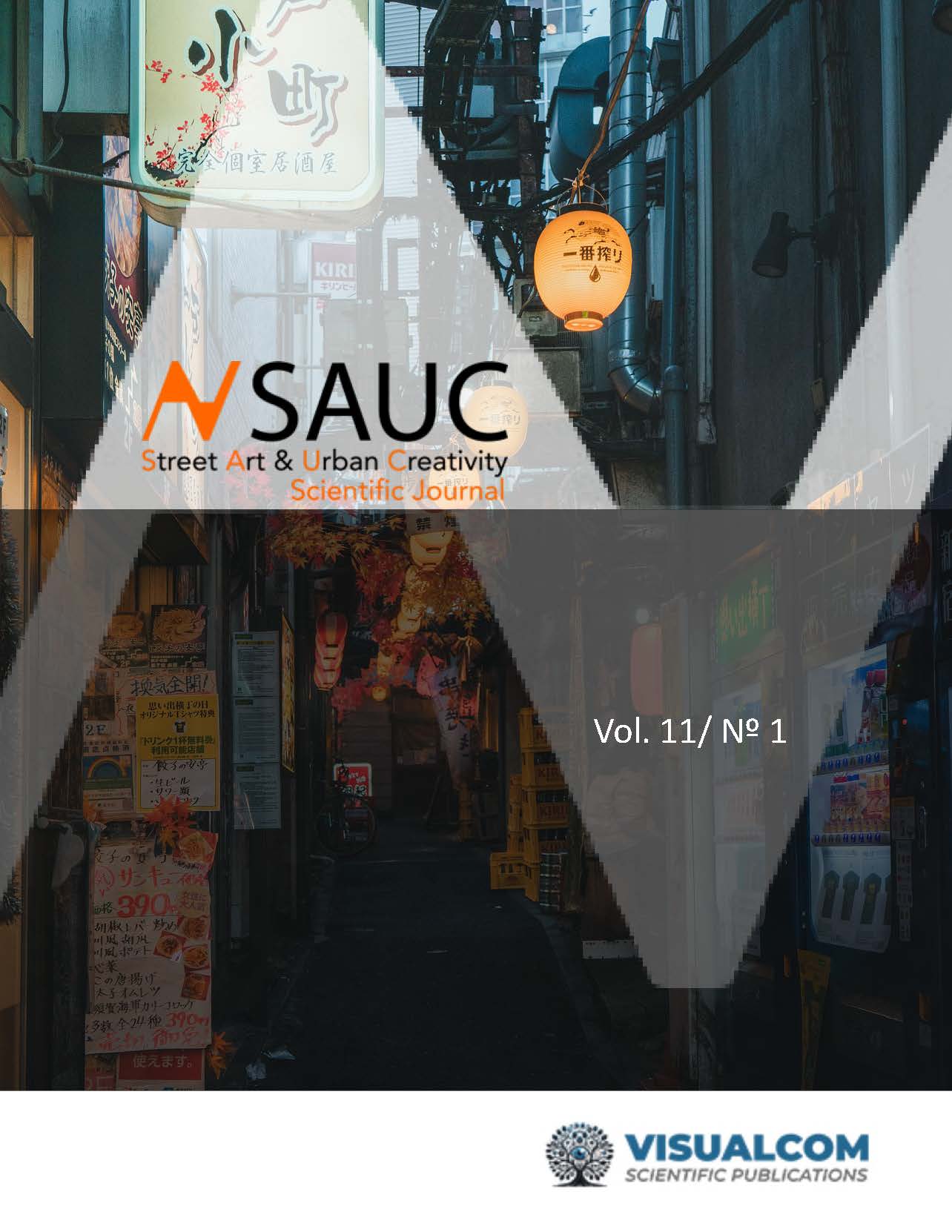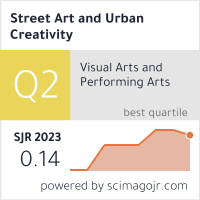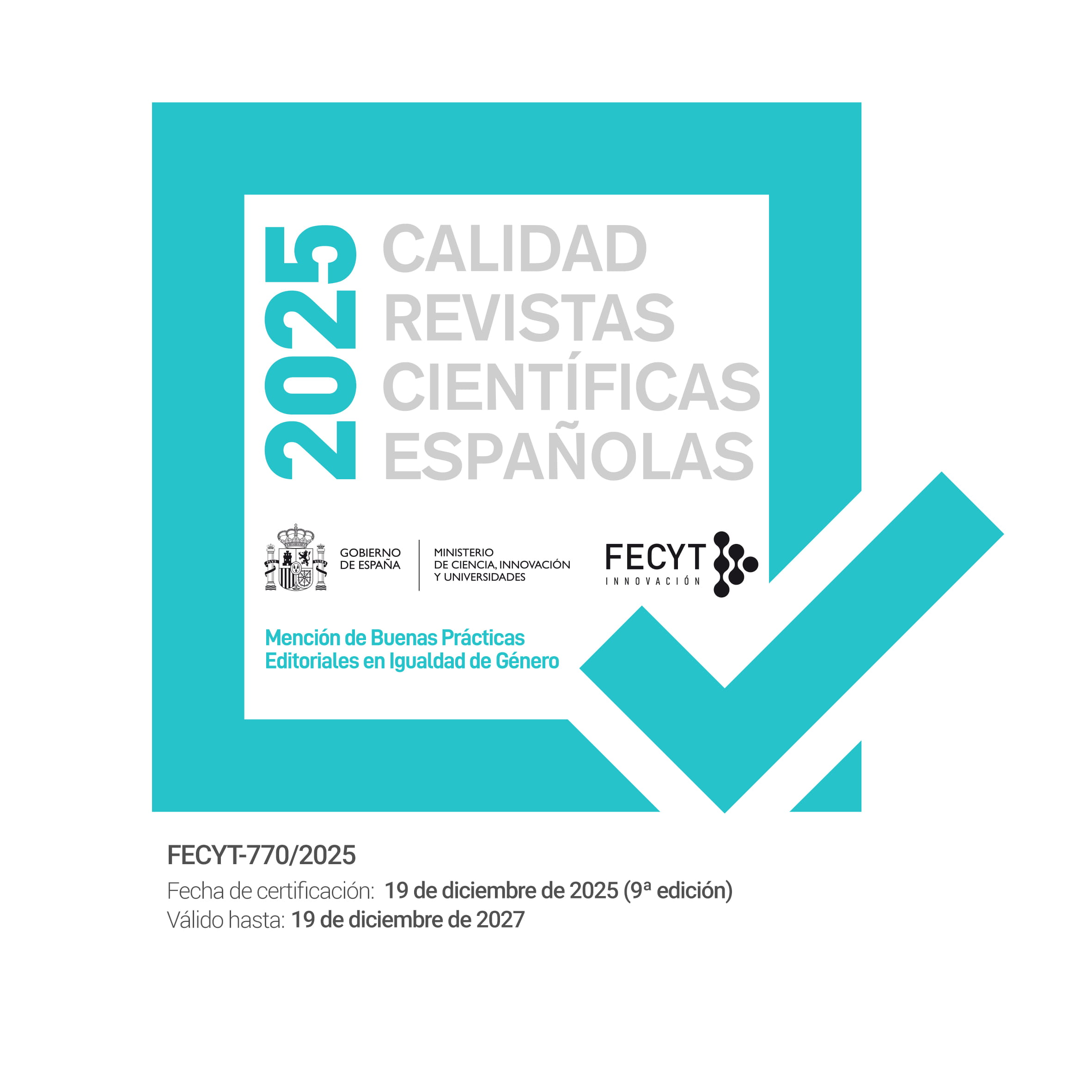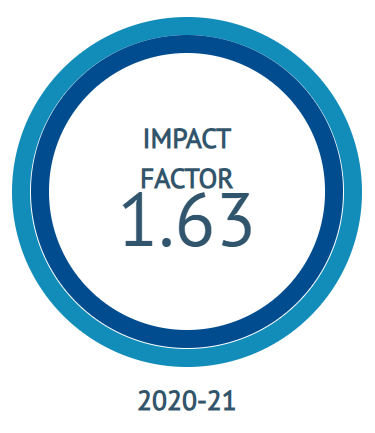Soft Skills
El Motor Invisible del Éxito Profesional y Organizacional
DOI:
https://doi.org/10.25765/sauc.v11.5688Palabras clave:
Competencias blandas, Desempeño profesional, Empleabilidad, Desarrollo personal, Rendimiento profesional, TalentoResumen
El presente estudio tiene por objeto explorar las soft skills que se encuentran más relacionadas con la capacidad para responder a las actividades o tareas en el entorno de trabajo. La muestra está compuesta por 530 trabajadores a los cuales se les evalúan 11 competencias distribuidas en 24 dimensiones diferenciadas. Los resultados indican que la muestra se puede agrupar en tres clústeres significativamente diferenciados, entre los que destacan especialmente las puntuaciones de uno de ellos, siendo éste el más valorado por las organizaciones. Además, pone el foco en los campos de formación para un mayor desarrollo, desempeño profesional y empleabilidad. Resaltan las competencias de empatía, implicación, compromiso, responsabilidad y autonomía como eje vertebral de los tres clústeres. Por último, se interpretan los resultados destacando la aplicabilidad de los resultados en el mercado empresarial.
Descargas
Estadísticas globales ℹ️
|
636
Visualizaciones
|
290
Descargas
|
|
926
Total
|
|
Citas
Ashurova, M. & Ashurov, M. (2023). The Role and Significance of the Concepts of Hard Skill and Soft Skill in Teaching It and Programming Languages. Journal of Pedagogical Inventions and Practices, 18, 68–70. https://zienjournals.com/index.php/jpip/article/view/3551
Bloksgaard, L., & Prieur, A. (2021). Policing by social skills: the importance of empathy and appropriate emotional expressions in the recruitment, selection and education of Danish police officers. Policing and Society, 31(10), 1232–1247. https://doi.org/10.1080/10439463.2021.1881518 DOI: https://doi.org/10.1080/10439463.2021.1881518
Caputo, F., Cillo, V., Candelo, E. & Liu, Y. (2019). Innovating through digital revolution: The role of soft skills and Big Data in increasing firm performance. Management Decision, 57(8), 2032-2051. https://doi.org/10.1108/MD-07-2018-0833 DOI: https://doi.org/10.1108/MD-07-2018-0833
Cinque, M. (2016). Soft Skills in development in European countries. Tuning Academy Journal, 3(2), 389-427. https://doi.org/10.18543/tjhe-3(2)-2016pp389-427 DOI: https://doi.org/10.18543/tjhe-3(2)-2016pp389-427
Cortejoso Lino, M., Bartolomé Muñoz de Luna, A., & Martín Gómez, S. (2024). Assessment of Employment Competencies from the Perspective of University Graduates: Using a Reflective Structural Equation Model. VISUAL REVIEW. International Visual Culture Review. Revista Internacional De Cultura Visual, 16(6), 147–164. https://doi.org/10.62161/revvisual.v16.5337 DOI: https://doi.org/10.62161/revvisual.v16.5337
Culcasi, I., & Paz Fontana Venegas, R. (2023). Service-Learning and soft skills in higher education: a systematic literature review. Form@re - Open Journal Per La Formazione in Rete, 23(2), 24–43. https://doi.org/10.36253/form-14639 DOI: https://doi.org/10.36253/form-14639
Escamilla, R., Segovia-Romo, A. & López, J.F. (2022). Soft skills in customer service: Sales area in automobile dealers. Contaduría y Administración, 67(2), 212-236. https://doi.org/10.22201/fca.24488410e.2022.317 DOI: https://doi.org/10.22201/fca.24488410e.2022.3172
González-Rico P. & Lluch Sintes M. (2024). Empowering Soft Skills through Artificial Intelligence and Personalised Mentoring. Education Sciences, 14(7), 699. https://doi.org/10.3390/educsci14070699 DOI: https://doi.org/10.3390/educsci14070699
Guerra, R., da Silva, S., & Guimaraes, A. (2024). A influência das soft skills e do intraempreendedorismo no desempenho organizacional. Revista de Gestão e Secretariado, 15(10), 1-18. https://doi.org/10.7769/gesec.v15i10.4366 DOI: https://doi.org/10.7769/gesec.v15i10.4366
Ibrahim, R., Boerhannoeddin, A. & Bakare, K.K. (2017). The effect of soft skills and training methodology on employee performance. European Journal of Training and Development, 41(4), 388-406. https://doi.org/10.1108/EJTD-08-2016-0066 DOI: https://doi.org/10.1108/EJTD-08-2016-0066
Kechagias, K. (2011). Teaching and Assessing Soft Skills. MASS Project.
Klaus P. (2010). Communication breakdown. California Job Journal, 28, 1-9.
Krpálek, P., Berková, K., Kubisová, A., Krelová, K., Frendlovská, D. & Spiesová, D. (2021). Formation of professional competences and soft skills of Public Administration employees for sustainable professional development. Sustainability, 13(10), 5533. https://doi.org/10.3390/su13105533 DOI: https://doi.org/10.3390/su13105533
Marrero, O., Mohamed, R., & Xifra. J. (2018). Habilidades blandas: necesarias para la formación integral del estudiante universitario. Revista científica ecociencia, 5, 1–18. https://doi.org/10.21855/ecociencia.50.144 DOI: https://doi.org/10.21855/ecociencia.50.144
Martín Gómez, S., Bartolomé Muñoz de Luna, Á., & Lago, M.J. (2023). Importance of sustainable training for the employment of the future. Intangible Capital, 19(1), 25-41. https://doi.org/10.3926/ic.2100 DOI: https://doi.org/10.3926/ic.2100
Purwanto, A. (2020). Effect of Hard Skills, Soft Skills, Organizational Learning and Innovation Capability on Islamic University Lecturers’ Performance. Systematic Reviews in Pharmacy, 11(7), 556-569.
Robles, M. (2012). Executive Perceptions of the Top 10 Soft Skills Needed in Today’s workplace. Business and Professional Communication Quarterly, 75(4), 454-455. https://doi.org/10.1177/1080569912460400 DOI: https://doi.org/10.1177/1080569912460400
Rodríguez, A., Cortés, A., & Val, S. (2019) Análisis de la mejora del nivel de empleabilidad de los universitarios mediante la mejora de competencias transversales y habilidades. Rev. Espa. Orient. Y Psicoped., 30(3), 102-119. https://doi.org/10.5944/reop.vol.30.num.3.2019.26275 DOI: https://doi.org/10.5944/reop.vol.30.num.3.2019.26275
Sethi, D. (2014). Executive Perceptions of Top Ten Soft Skills at Work: Developing These Through Saif. Indian Institute of Management. https://www.iimk.ac.in/websiteadmin/FacultyPublications/Working%20Papers/160abs.pdf
Tang, K. N. (2018). The importance of soft skills acquisition by teachers in higher education institutions. Kasetsart Journal of Social Sciences, 41(1), 22–27. https://so04.tci-thaijo.org/index.php/kjss/article/view/229129 DOI: https://doi.org/10.1016/j.kjss.2018.01.002
Ummatqul, K. (2020). Soft Skills Development in Higher Education. Universal Journal of Educational Research, 8(5), 1916 – 1925. https://doi.org/10.13189/ujer.2020.080528 DOI: https://doi.org/10.13189/ujer.2020.080528
Descargas
Publicado
Cómo citar
Número
Sección
Licencia
Derechos de autor 2025 Street Art & Urban Creativity

Esta obra está bajo una licencia internacional Creative Commons Atribución-SinDerivadas 4.0.
Los autores/as que publiquen en esta revista aceptan las siguientes condiciones:
- Los autores/as conservan los derechos de autor.
- Los autores/as ceden a la revista el derecho de la primera publicación. La revista también posee los derechos de edición.
- Todos los contenidos publicados se regulan mediante una Licencia Atribución/Reconocimiento-SinDerivados 4.0 Internacional. Acceda a la versión informativa y texto legal de la licencia. En virtud de ello, se permite a terceros utilizar lo publicado siempre que mencionen la autoría del trabajo y a la primera publicación en esta revista. Si transforma el material, no podrá distribuir el trabajo modificado.
- Los autores/as pueden realizar otros acuerdos contractuales independientes y adicionales para la distribución no exclusiva de la versión del artículo publicado en esta revista (p. ej., incluirlo en un repositorio institucional o publicarlo en un libro) siempre que indiquen claramente que el trabajo se publicó por primera vez en esta revista.
- Se permite y recomienda a los autores/as a publicar su trabajo en Internet (por ejemplo en páginas institucionales o personales), una vez publicado en la revista y citando a la misma ya que puede conducir a intercambios productivos y a una mayor y más rápida difusión del trabajo publicado (vea The Effect of Open Access).














